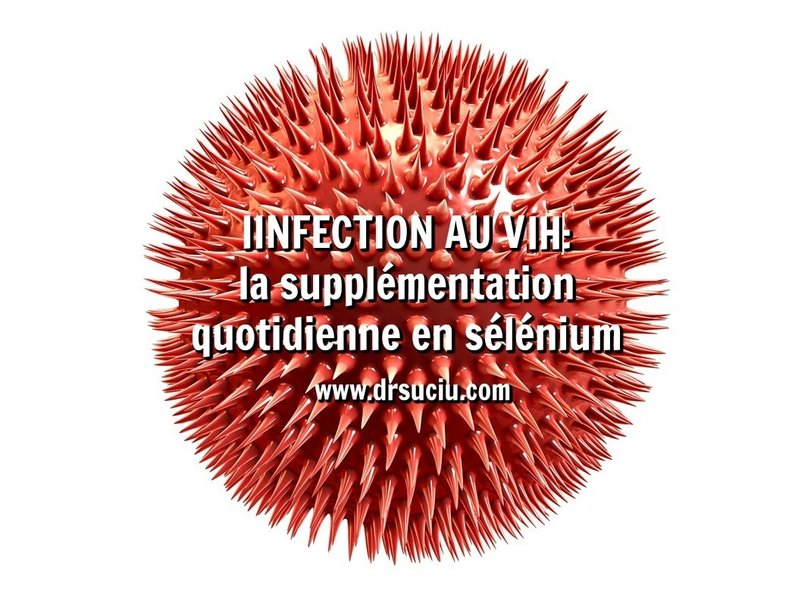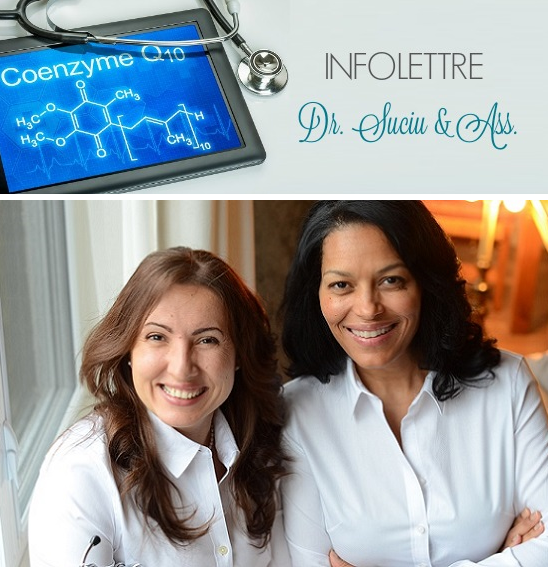|
La supplémentation quotidienne en sélénium peut supprimer la charge virale de la progression du VIH-1 et fournir une amélioration indirecte de CD4 (un certain type de globules blancs). Les résultats appuient l'utilisation de sélénium en tant que traitement d'appoint simple, peu coûteux, et en toute sécurité dans le spectre de la maladie du VIH. RÉFÉRENCE:
Veuillez lire l'article complet (en anglais seulement) : Abstract BACKGROUND: Despite findings that selenium supplementation may improve immune functioning, definitive evidence of its impact on human immunodeficiency virus (HIV) disease severity is lacking. METHODS: High selenium yeast supplementation (200 mug/d) was evaluated in a double-blind, randomized, placebo-controlled trial. Intention-to-treat analyses assessed the effect on HIV-1 viral load and CD4 count after 9 months of treatment. Unless otherwise indicated, values are presented as mean +/- SD. RESULTS: Of the 450 HIV-1-seropositive men and women who underwent screening, 262 initiated treatment and 174 completed the 9-month follow-up assessment. Mean adherence to study treatment was good (73.0% +/- 24.7%) with no related adverse events. The intention-to-treat analyses indicated that the mean change (Delta) in serum selenium concentration increased significantly in the selenium-treated group and not the placebo-treated group (Delta = 32.2 +/- 24.5 vs 0.5 +/- 8.8 microg/L; P<.001), and greater levels predicted decreased HIV-1 viral load (P<.02), which predicted increased CD4 count (P<.04). Findings remained significant after covarying age, sex, ethnicity, income, education, current and past cocaine and other drug use, HIV symptom classification, antiretroviral medication regimen and adherence, time since HIV diagnosis, and hepatitis C virus coinfection. Follow-up analyses evaluating treatment effectiveness indicated that the nonresponding selenium-treated subjects whose serum selenium change was less than or equal to 26.1 microg/L displayed poor treatment adherence (56.8% +/- 29.8%), HIV-1 viral load elevation (Delta = +0.29 +/- 1.1 log(10) units), and decreased CD4 count (Delta = -25.8 +/- 147.4 cells/microL). In contrast, selenium-treated subjects whose serum selenium increase was greater than 26.1 microg/L evidenced excellent treatment adherence (86.2% +/- 13.0%), no change in HIV-1 viral load (Delta = -0.04 +/- 0.7 log(10) units), and an increase in CD4 count (Delta = +27.9 +/- 150.2 cells/microL). CONCLUSIONS: Daily selenium supplementation can suppress the progression of HIV-1 viral burden and provide indirect improvement of CD4 count. The results support the use of selenium as a simple, inexpensive, and safe adjunct therapy in HIV spectrum disease. Les commentaires sont fermés.
|
AVIS IMPORTANT:
Veuillez prendre connaissance de cet avertissement et rappelez-vous que le site www.drsuciu.com ne saurait remplacer une consultation avec vos professionnels de la santé. L'information fournie sur le site web www.drsuciu.com est d'ordre général. Avant de prendre toute décision de nature médicale ou si vous avez des questions concernant votre état de santé personnel, adressez-vous à un professionnel de la santé qualifiée. D'aucune manière ces points de vue, commentaires et renseignements ne constituent une recommandation de traitement (préventif ou curatif), une ordonnance ou un diagnostic, ni ne doivent être considérés comme tels. Archives
Août 2017
|



 Flux RSS
Flux RSS